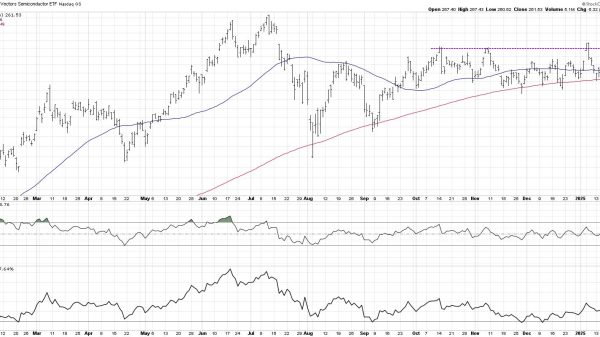Let me see if I have this right, because I’m a little fuzzy about the ACC’s idea of improving the college football postseason.
ACC commissioner Jim Phillips floated an idea last weekend during the most recent College Football Playoff management committee meeting, and I’m not exactly sure what in the wide world of sports is going on.
The idea, in a nutshell, is more games for more teams within the ACC. A mini-tournament of sorts — before the College Football Playoff even begins.
Now I’m no labor attorney, but I do believe adding more games for more teams will alter the already uneasy terms of revenue sharing (see: pay for play) beginning with the 2025 season.
In layman terms, you’re not adding more games without giving players a larger slice of the media rights revenue pie. Again, I’m just a dumb writer, but that sounds a whole lot like a starting gun for attorneys lining up to take a run at more money for players.
Not that it’s a bad thing.
You’ve got to hand it to these administrators running the sport, they’re trying everything they can to generate revenue and not be severely impacted when the expected change comes July 1 — and as much as $20 million in pay for play revenue evaporates from their coffers.
This latest idea is the most intriguing whopper yet. Phillips thinks the ACC can do one of two things prior to the start of the playoff int he 2026 season, when the new contract begins and the format – still to be determined – has changed. Both involve more games.
REPORT CARD: College football season grades for all 134 teams
LOOKING AHEAD: Our way-too-early college football Top 25 for 2025
The first: the regular season ACC champion gets an automatic bye to the playoff, and the next two teams have a play-in game for one of the ACC’s two projected automatic berths.
The second: The ACC has a final four of sorts before the College Football Playoff, where four teams will play a conference tournament (think: original CFP setup) to determine the projected two automatic qualifying bids.
While both ideas could drive revenue – and therefore increase player revenue under the current revenue sharing proposal – the idea of playing more games before the playoff isn’t one that could’ve been foreseen by player representatives. In other words, someone, somewhere is lawyering up.
Now, let’s do some math, shall we?
SMU, Miami, Clemson and Syracuse were the top four teams in the ACC in 2024, and in the ACC “conference tournament” scenario, SMU would play Syracuse and Miami would play Clemson. And the winner of those games, would play a week later for the league championship.
Assuming the highest-ranked four teams will earn first-round byes in the CFP beginning in 2026, there’s a possibility the ACC won’t have one of the four highest-ranked teams. It wouldn’t have this season.
So that means ACC teams will play 12 regular season games, and four ACC teams will play 13. Two more ACC teams will play 14 — and then the CFP begins.
So let’s say the champion of the ACC tournament doesn’t receive a first-round by in the CFP, and must win four games to win the national title — which Ohio State did this season. That means players on the ACC championship team would have to play 18 games in one season.
The NFL plays 17 regular season games, and the most any team would have to play to win the Super Bowl is 21. NFL players also receive 49 percent of a $110 billion media rights revenue sharing deal.
The entire college athlete pool is expected to received about $20 million beginning July 1, with incremental increases in following seasons tied to increased revenue — if their universities are willing to commit to spending that amount.
Phillips says this ‘tournament’ would start the final week of the regular season, which would mean scheduling in the final week would have to be flexible. I’m just throwing this out there: Florida, South Carolina, Kentucky and Georgia aren’t going to be ‘flexible’ with playing rivalry games against the ACC anywhere but the last week of the regular season.
So this ‘tournament’ will have to start after a full 12-game regular season schedule. Hence, the 18-game gauntlet for players.
Again, I’m just a dumb writer, but that’s going to be a legal problem in the near future. A big problem.
And we all have seen how the NCAA deals with big problems: ignore them until the governing body is named in a lawsuit. The NCAA’s batting average in those lawsuits is, in a word, horrific.
So, to recap: the ACC wants to add more games for more players, and then absolutely, unequivocally doesn’t want players to be treated as employees. Doesn’t want players to unionize, doesn’t want them to collectively bargain.
You have to give college administrators credit. They’re thinking outside the box in an attempt to generate more revenue.
The problem is, they’re trapped inside a box of their making ― and the only way out is to share more money.
Matt Hayes is the senior national college football writer for USA TODAY Sports Network. Follow him on X at @MattHayesCFB.





























